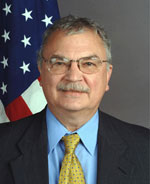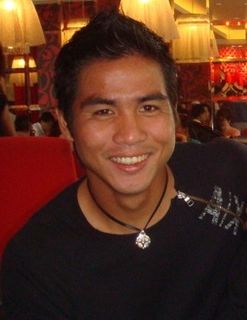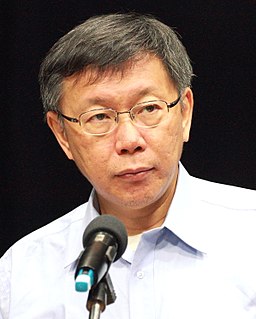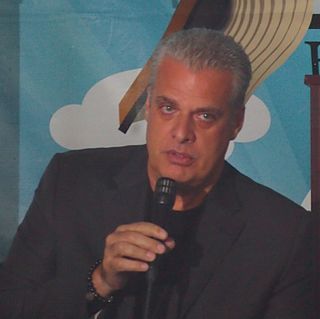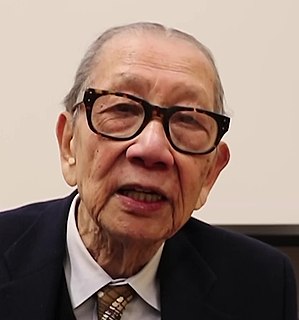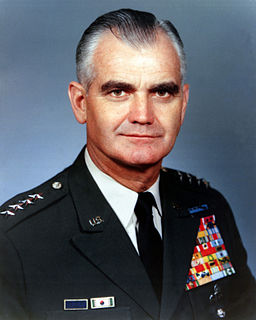A Quote by Michael W. Michalak
Vietnam is no longer a war, it's a country. I think that that's very important to understand. And the Vietnamese - last time a poll was taken, somewhere above 80 percent of Vietnamese people have a very positive outlook towards the United States.
Related Quotes
Every book that comes out, every article that comes out, talks about how - while it may have been a "mistake" or an "unwise effort" - the United States was defending South Vietnam from North Vietnamese aggression. And they portray those who opposed the war as apologists for North Vietnam. That's standard to say. The purpose is obvious: to obscure the fact that the United States did attack South Vietnam and the major war was fought against South Vietnam.
Like many Americans, I am still haunted by images from the last days of the United States' withdrawal from Vietnam in 1975. Newscasts showed South Vietnamese desperately trying to scale the walls of our embassy in Saigon to board the last helicopter flights out of the country. The fear in their eyes was chilling.
I think we can end the divisions within the United States. What I think is quite clear is that we can work together in the last analysis. And that what has been going on with the United States over the period of that last three years, the divisions, the violence, the disenchantment with our society, the divisions - whether it's between blacks and whites, between the poor and the more affluent, or between age groups, or in the war in Vietnam - that we can work together. We are a great country, an unselfish country and a compassionate country. And I intend to make that my basis for running.
I spent several years in a North Vietnamese prison camp in the dark, fed with scraps. Do you think I want to do that all over again as vice president of the United States? The vice president has two duties. One is to break a tie in case of a tie vote in the United States Senate... The other is to inquire daily as to the health of the president. Neither one of those are very challenging as compared to being able to live for a good part of the time in the state of Arizona.
40, 50 years ago, Americans - the majority of Americans did not want to accept these Vietnamese refugees who they saw as completely foreign. Now there are new foreigners - Syrians and other people from the Middle East, people of Muslim backgrounds. And the sense among many Americans is, well, these people are completely different from us, and they're not like the Vietnamese who are much more assimilable. And I think that's very, very doubtful. I think that the majority of these new foreigners, if given the opportunity, will be able to assimilate and deal with American culture.
We South Vietnamese, we are very concerned about the ah, the fact that the communists are - were very shrewd in trying to take advantage of the American presence in South Vietnam to make the propaganda that they were the only one who fought for the independence of the country and against the, only foreigners, first the French and after that the Americans.
